Cameroon
The internet cut in Cameroon’s restive Anglophone regions is entering the 60th day according to activists tracking the shutdown.
The government on September 30, 2017 placed restrictions on access to social media network websiteslike Facebook, Twitter and whatsapp. This was despite a government statement saying that no such plans were to be implemented.
September 30 was the eve of a symbolic declaration of independence by the two Anglophone regions. At the time a heavy security deployment across the regions was also in place, subsequent clashes between separatists and security forces lead to deaths, injuries and mass arrests.
It was, however, not the first such disruption in the Central African nation, an earlier one was a total blackout in the northwest and southwest regions. It was only lifted in April 2017 after over three months.
The reason for the total blackout was because of claims by government that social media was actively being used to spread false information and to incite members of the public against state institutions.
Reports on the impact of such disruptions have shown that the government loses millions of dollars by their actions. The United Nations has also described the move as an act of trampling on freedom of speech and expression.
“These restrictions must stop immediately, and the Government must ensure a thorough, impartial and independent investigation into all allegations of human rights violations perpetrated during and after the events of 1 October. The Government must take effective measures to prosecute and sanction all those responsible for such violations,” a U.N. rights report said.






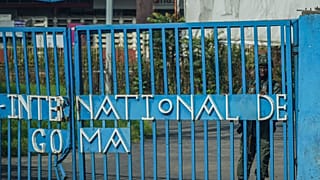

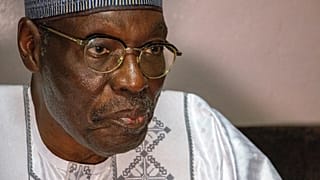
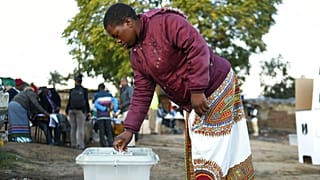
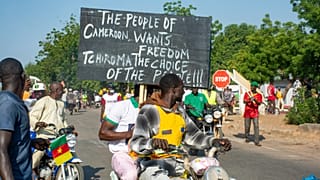
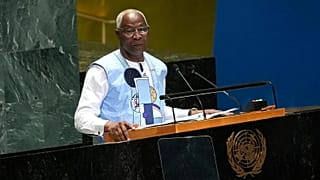

01:03
Egyptian lawmakers working to limit children's exposure to 'digital chaos' of social media
Go to video
Egypt to restrict children’s social media use
11:17
Eco-charcoal gains traction as a cleaner, cheaper alternative to firewood {Business Africa}
01:00
Videos of Iran protests spread as internet returns
01:05
Morocco coach rejects allegations of AFCON refs bias for the host team
01:16
Cameroon and South Africa set for high-stakes AFCON round of 16 clash